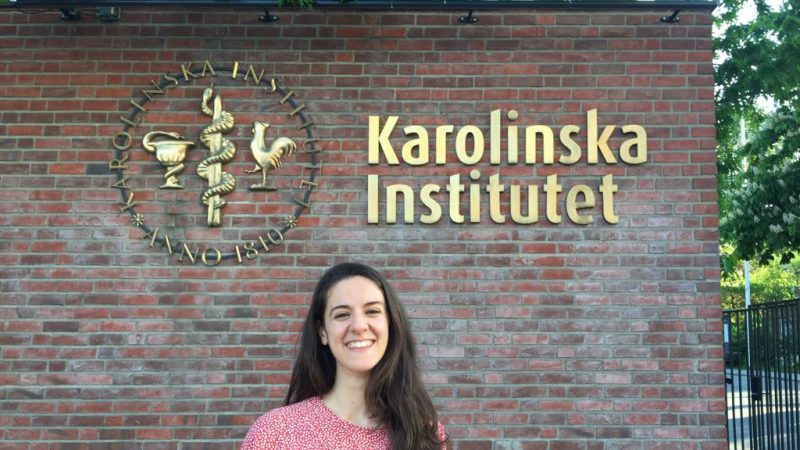
Graduating from the Molecular Techniques in Life Science Master’s Programme
Within hours of defending my Master’s Thesis and within days of (virtually) graduating, I can’t help but look back to how my life has changed during this last two years, and how my future will be different after having studied this Programme. There are many things I was expecting to learn when I enrolled for the Molecular Techniques in Life Science Master’s Programme, but I got many more skills and life experiences out of it than I would have ever imagined.
Adapting to change
Moving to a foreign country to study your Master’s is, from my perspective, challenging in itself. It can be appealing to start a new life from scratch, but it’s also normal to have moments of uncertainty: will it be easy for me to make friends? Will I manage to feel at home? Will I survive to the cold and dark Swedish winters? I think many students have these questions before they start their studies in Stockholm, and I do think one of the most important things I have mastered during my time in Sweden has been adapting quickly to change. I think us, the Molecular Techniques in Life Science students, become specially good at this since we change academic environments so often during the master’s, because each semester involves courses at a different university. When one campus feels like home, it’s time to switch to the next one. This constant errand feeling is weird sometimes, specially when compared with other Programmes that have a building, or campus area, as their headquarters. However, this is one of the things I loved most about my Programme. I got to meet many more places, teaching methodologies and people than I would have ever imagined, and it also made me better at adapting faster to new situations. I think this will help me in my future career because academia is an environment that changes very quickly, and you need to be comfortable in your “out-comfort zone” to succeed.
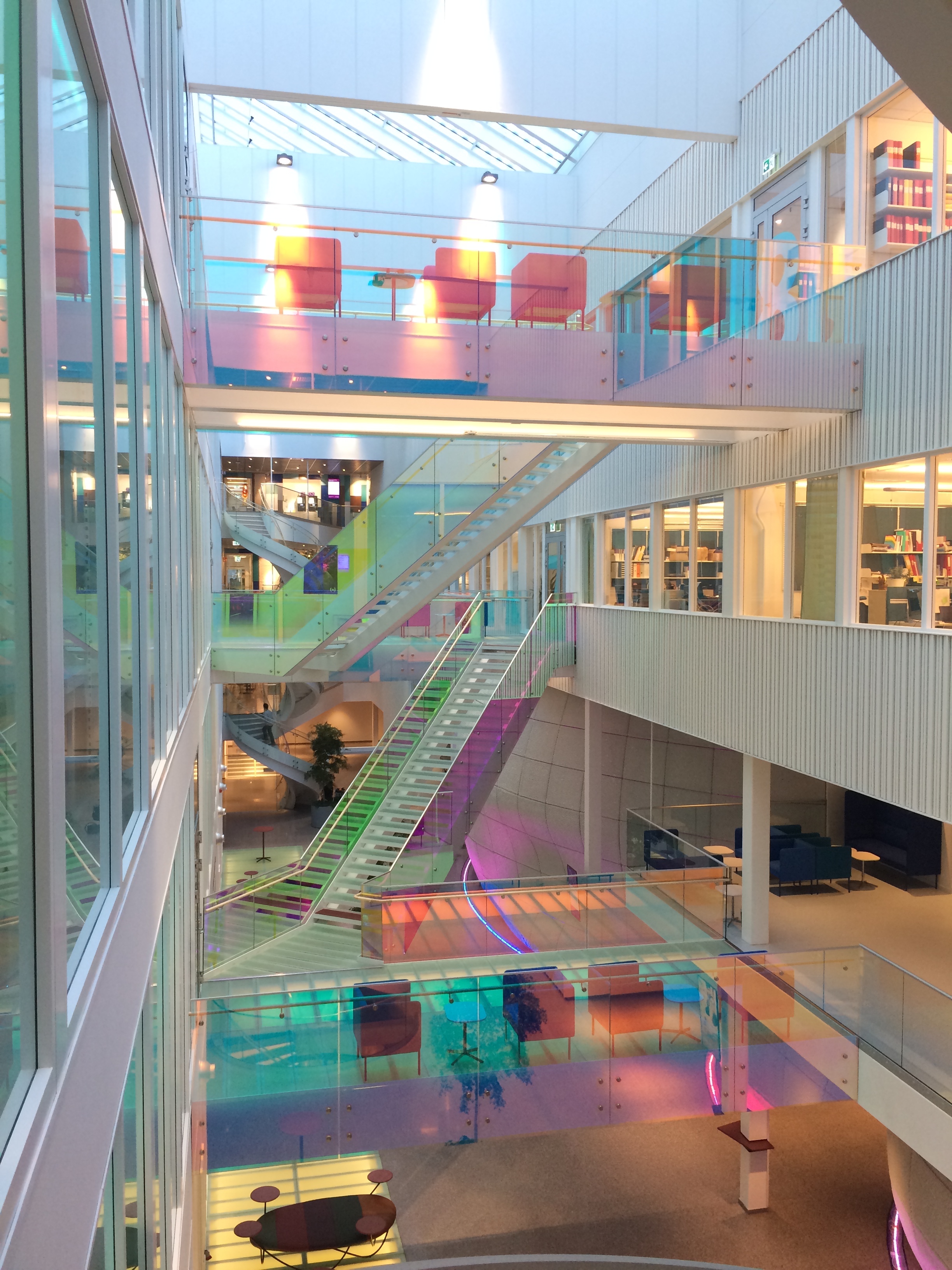
Solving problems 24/7
I applied to the Molecular Techniques in Life Science Programme because I wanted to be trained in bioinformatics, and switch to that field in the future. I knew I would learn how to code, but I have unexpectedly become much better at dealing with problems. It is often the case that bioinformaticians spend more time googling for answers than actually coding, and this is of course my case. I think I have learnt to deal better with my problems on my own, and how to ask the right questions (to the ultimate source of knowledge aka. Google) to find the answers I need. Also, I have learnt to break a big problem into smaller, manageable pieces, and I believe I can also apply this new skill to life. I hope my (yet short) experience as a bioinformatician helps me to stress less about big problems, but rather know how to transform them into many small problems I can handle.
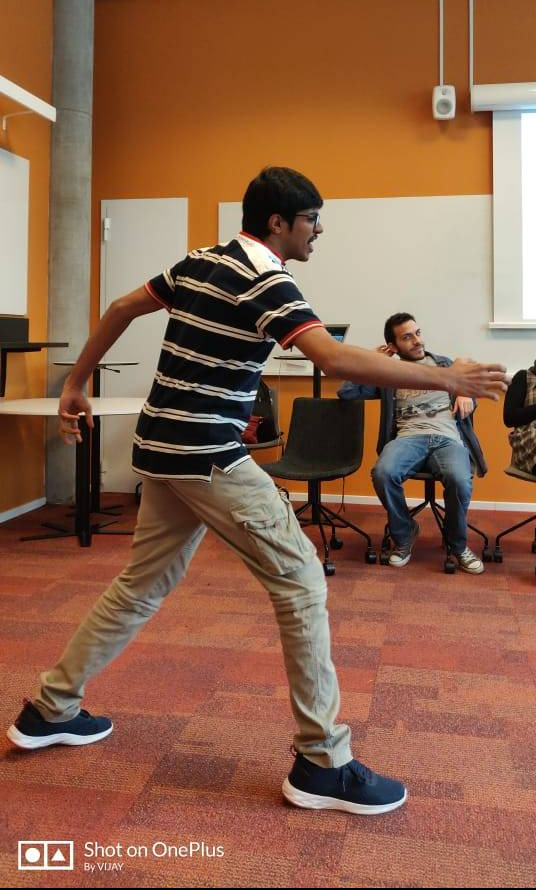
An international family
My Master’s experience would have not been the same without all the friends I made along the way. All the memories I have made with them are fun, and it makes me sad to know that I won’t go back to class with them in September. However, I am very, very lucky to have had the chance of being a member of this awesome family that the Molecular Techniques in Life Science gave me, and I’m ver proud and happy to see how all my friends have, are and will achieve so many great things. I hope we will organize some Molecular Techniques in Life Science reunions in the future, and that I have the chance to visit them here in Sweden or in whatever other country they will be living in.
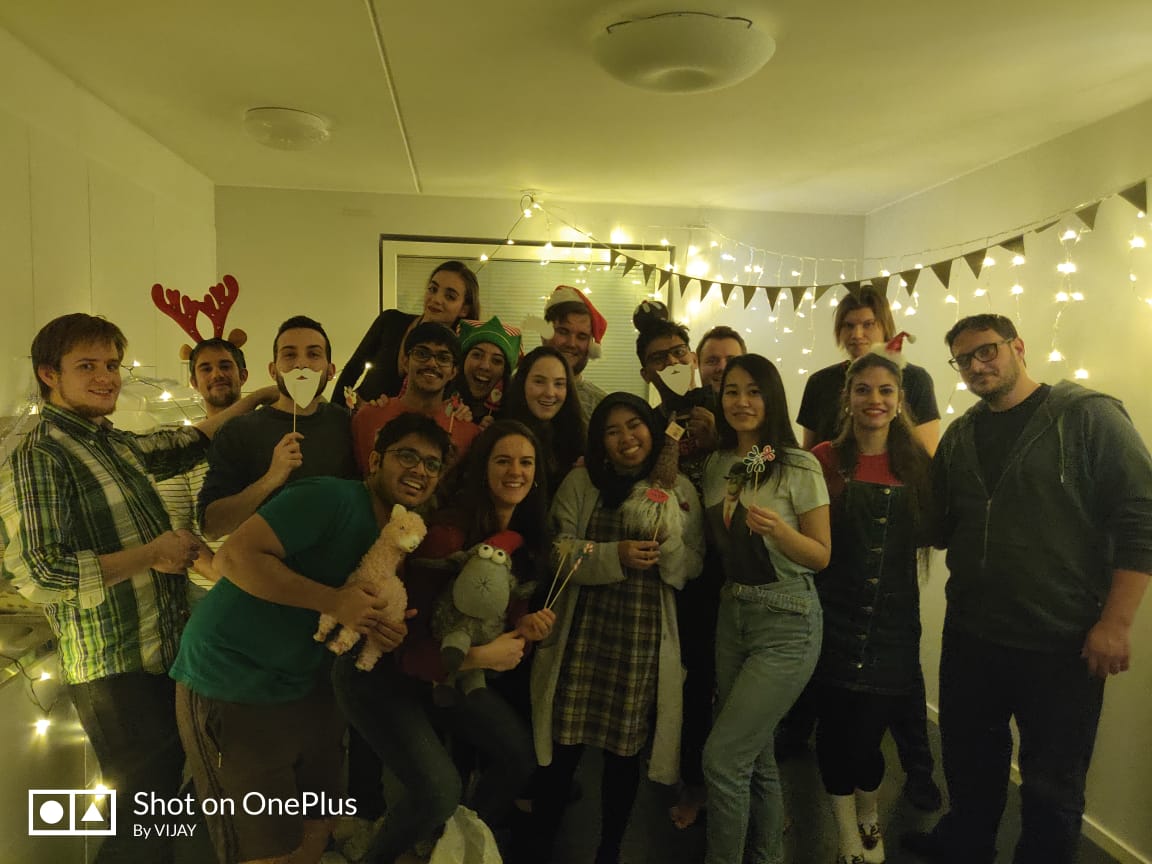
And what about the future?
Big changes are coming now for all of us graduating in June! On top of handing in and defending our Master’s Thesis, we are also thinking about what comes next into our lives. I would say most of my classmates already have or are looking for a PhD position either in Sweden or other countries around the Globe. However, the training and education we have recieved these last two years gave us a valuable profile also for the industry, and therefore some of my classmates are planning their academia-to-industry transition after the Master’s. For me, I will go back home to start a European PhD. project led by Prof. Miguel Torres in the National Center for Cardiovascular Research (CNIC). It will surely be challenging, but I am very much looking forward to all the new adventures, experiences and knowledge waiting for me after summer 😀
For now, it’s time to look back to all the great memories we made over these two years and to be thankful to all the friends I made along the way. Lastly, I want to express my gratitude to the Fundación Margit y Folke Pehrzon, who supported my master’s studies and made it possible for me to be here today.
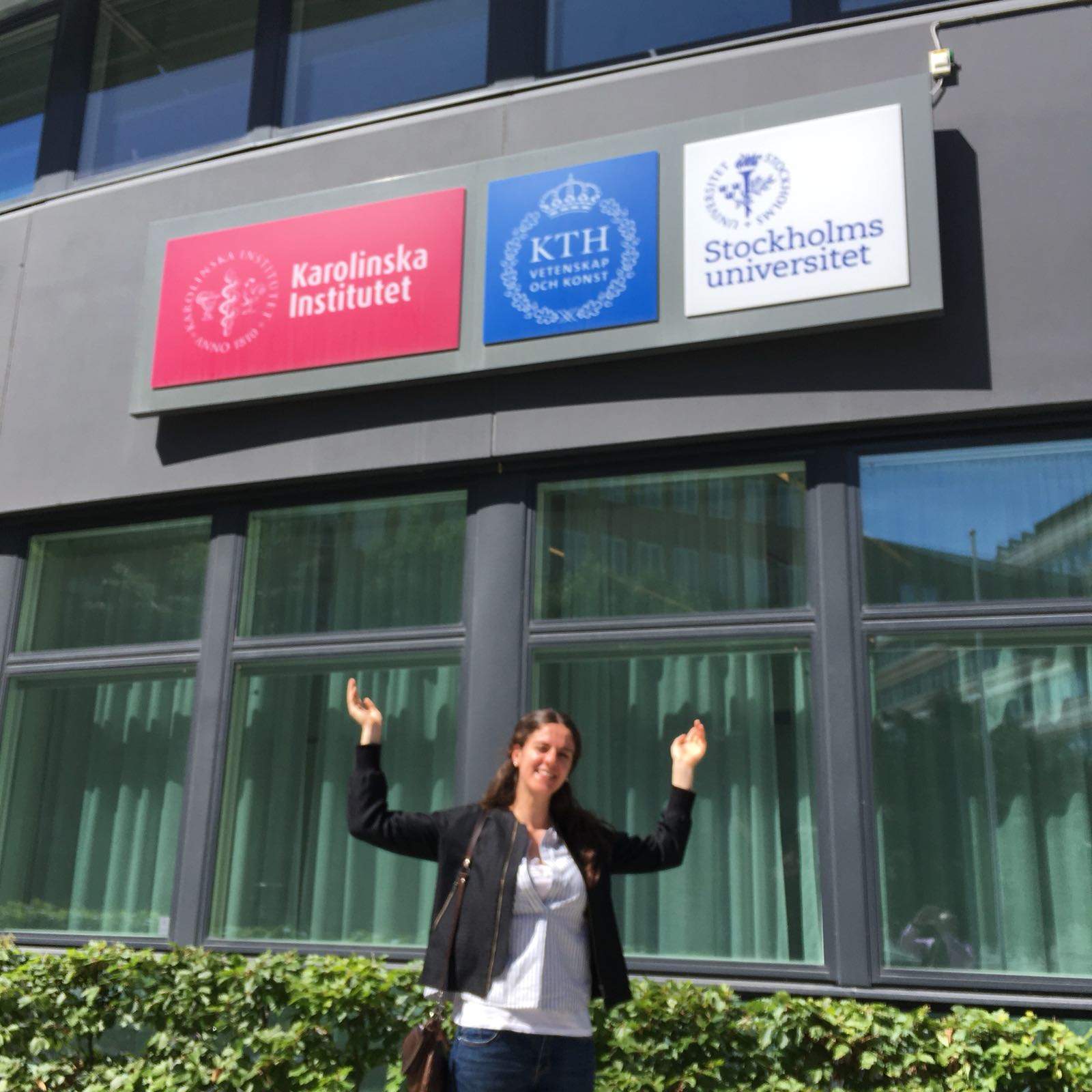
\Inés
Email: ines.rivero.garcia@stud.ki.se
LinkedIn: Inés Rivero Gacía

0 comments